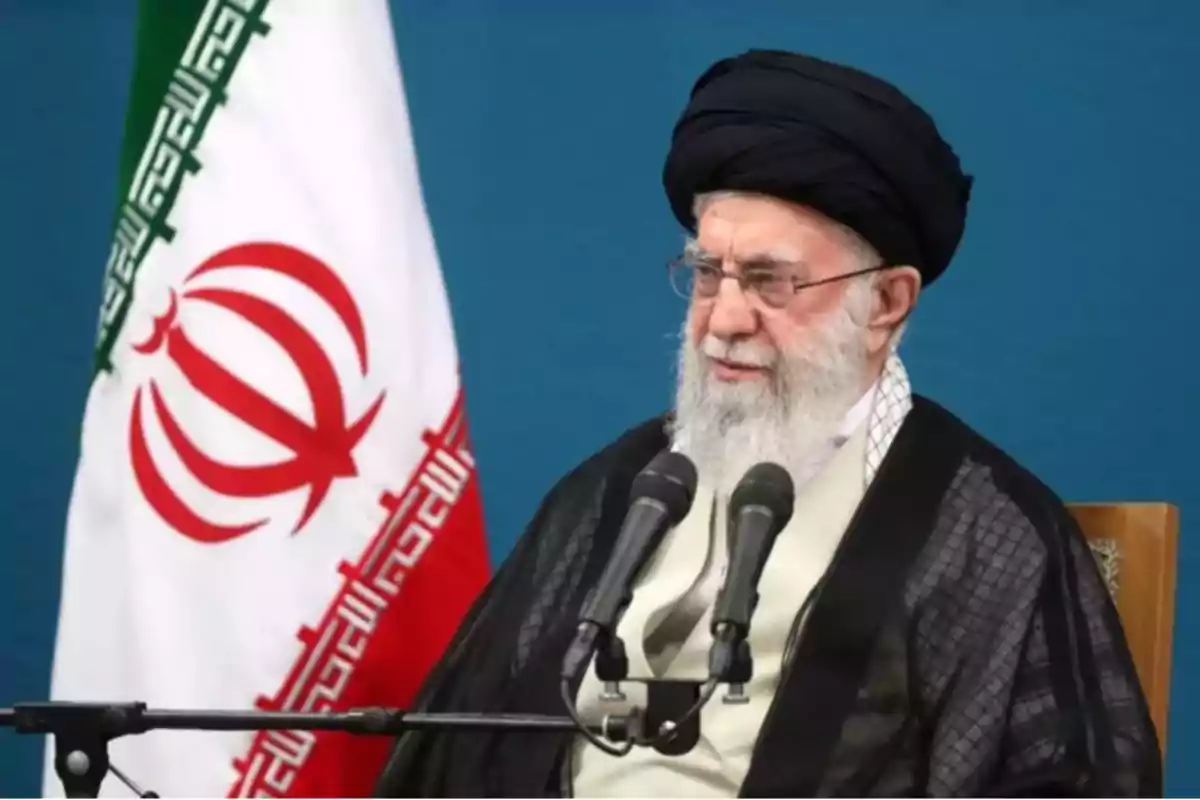
Iran threatened to destroy the Anglo-American island Diego Garcia
After the United States urged the Iranian regime to abandon its pursuit of a nuclear weapon, the Islamic dictatorship issued harsh threats
The supreme leader of Iran, Ali Khamenei, threatened the United States with a strong blow if it acted according to President Donald Trump's warnings of bombing Iran if a new nuclear deal is not reached.
Trump reiterated his warning on Sunday, stating that Iran would be bombed if it did not accept his proposal for talks, which was presented in a letter sent to the Iranian leadership in early March, with a two-month window to make a decision.
Iran sent a warning through the Swiss embassy, which represents U.S. interests in Iran, expressing its determination to respond "decisively and immediately" to any threat.
Khamenei expressed that the enmity of the United States and Israel toward Iran has always existed and, although they did not consider a direct attack likely, he assured that any attempt to attack Iran would be met with a "strong reciprocal blow."
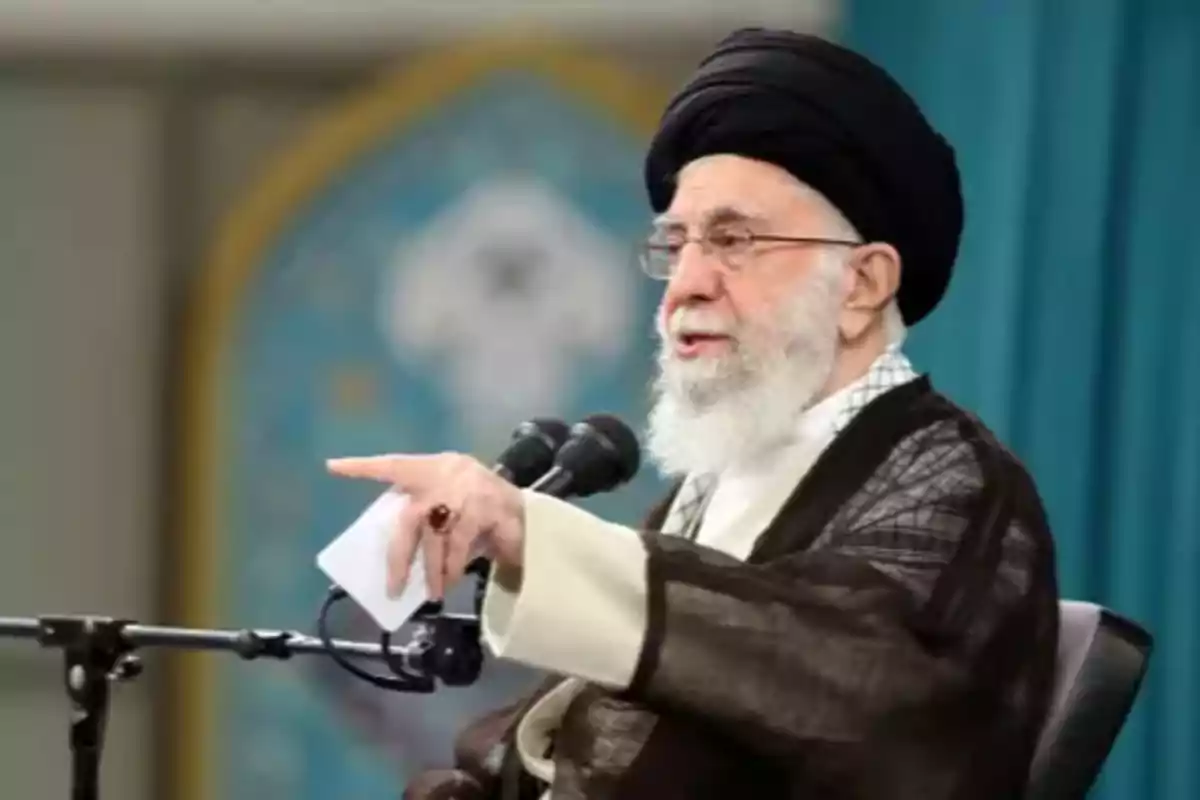
He also warned that if the United States tried to incite sedition within the country, the Iranian people would handle it, alluding to recent protests, such as those in 2022-2023 over the death of Mahsa Amini in the custody of the morality police and the 2019 protests over rising fuel prices.
The Iranian government replied to Trump's letter, clarifying that it was not willing to engage in direct negotiations with Washington while the "maximum pressure" campaign and military threats continued.
The Iranian president, Masoud Pezeshkian, reiterated that Iran is only willing to continue indirect talks, as Khamenei has pointed out.
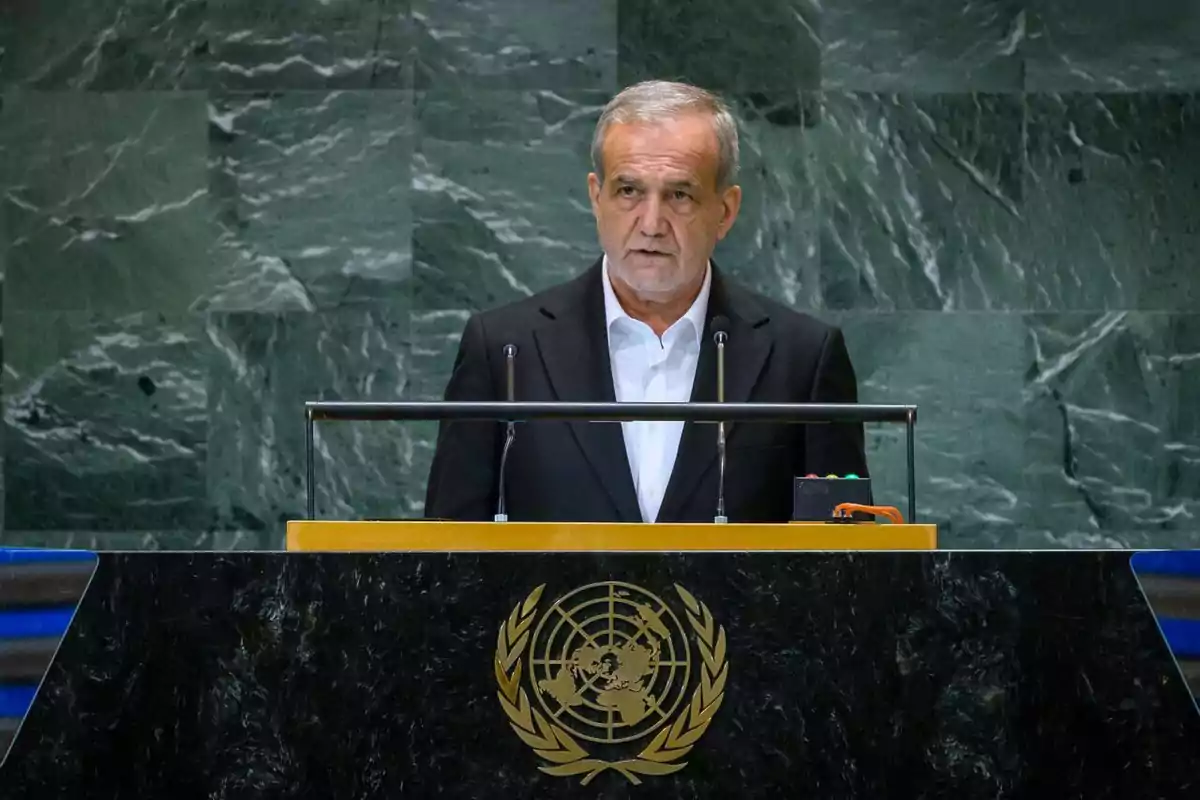
Trump, meanwhile, reiterated his stance in an interview, where he stated that if Iran did not accept the deal, the consequences would be severe. "If they don't make a deal, there will be bombings like they've never seen before," he declared.
He also mentioned the possibility of imposing secondary tariffs on Iran, as he did in his first term. These tariffs would affect buyers of Iranian products and would be implemented if no progress was seen in the negotiations in the coming weeks.
The tension between the United States and Iran primarily stems from the infamous 2015 nuclear deal, from which Trump withdrew in 2018, reimposing sanctions on Iran.
Since then, Iran has exceeded the limits set in the original agreement, especially in its uranium enrichment, which has raised significant suspicions that its nuclear program could have military purposes, although Iran insists that its nuclear program is exclusively civilian.
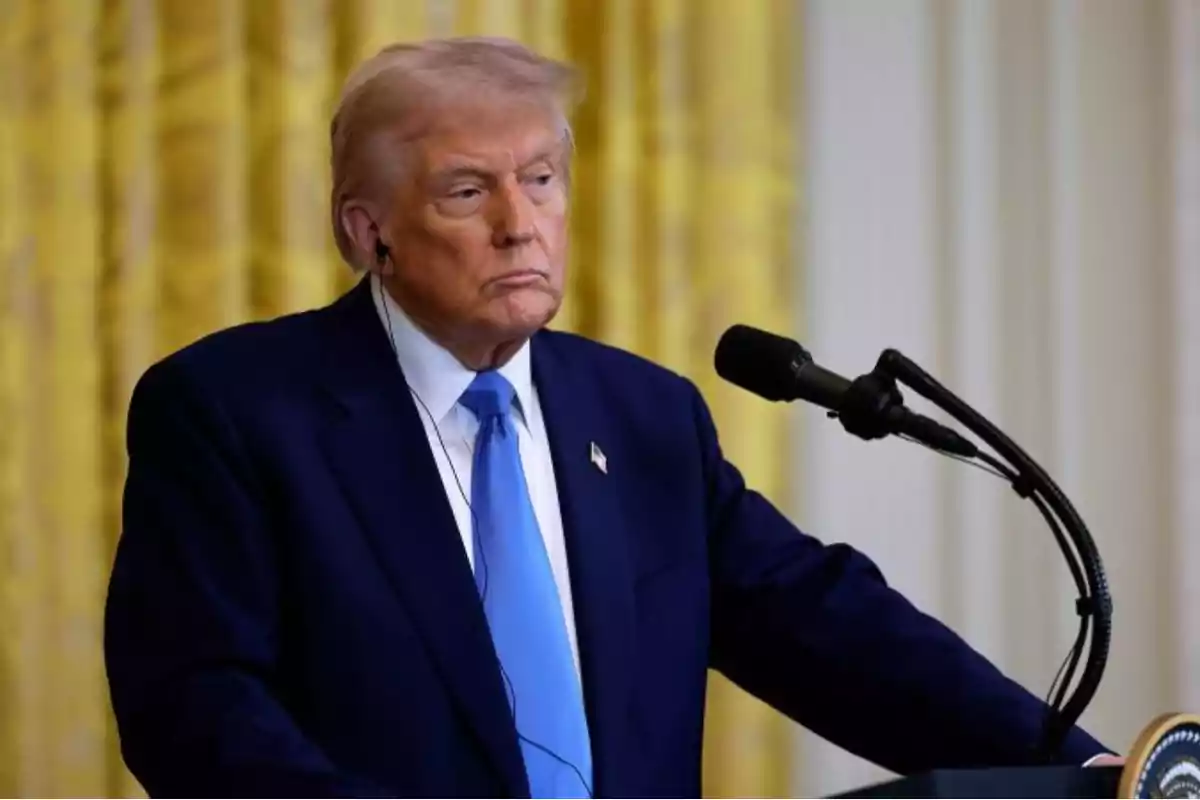
Additionally, in response to Trump's threat, Iranian authorities have warned about a possible attack on U.S. and UK military bases in the region, particularly the Diego Garcia base in the Indian Ocean, from which the United States could launch an attack against Iran.
A senior Iranian military officer declared that he would make no distinction between British or American forces if Iran is attacked, adding that any base in the region used by the Americans would be a target.
On March 11, it was reported that the United States had deployed B-2 bombers to Diego Garcia, which has become a significant point of U.S. military power projection in the region.
These bombers have the capability to carry massive penetration bombs, like those used to attack underground nuclear facilities in Iran. The proximity of Diego Garcia to Iran and its ability to refuel these aircraft heightens Iran's concern about a possible military action.
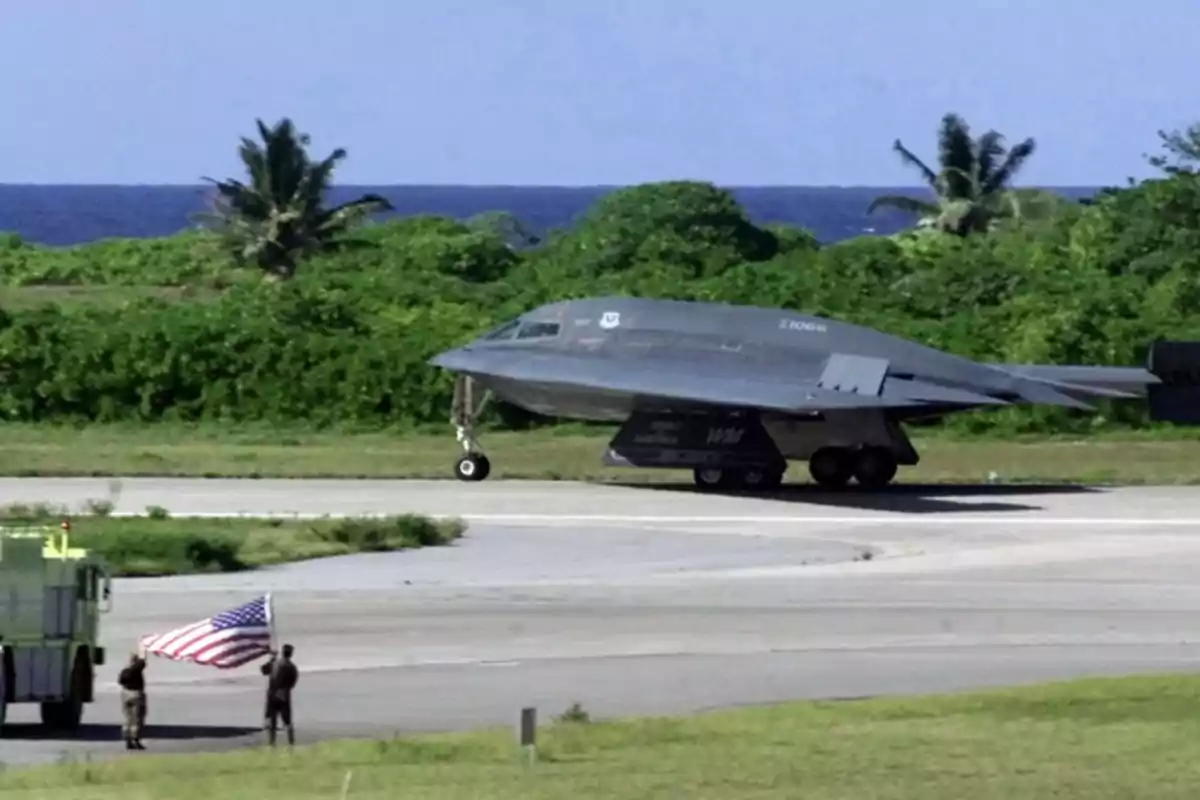
The British government strongly condemned Iran's threats, reiterating the strategic importance of the Diego Garcia base for both the United Kingdom and the United States, and ensuring that both nations are working together to promote de-escalation in the region.
The base has been key in U.S. military operations, such as in the interventions in Iraq and Afghanistan, and continues to be an operations center for the U.S. military in the Middle East.
Amid this growing tension, the Iranian government continues to reject Trump's offers to maintain its policy of not accepting direct negotiations with the U.S. government and continue promoting its nuclear program.
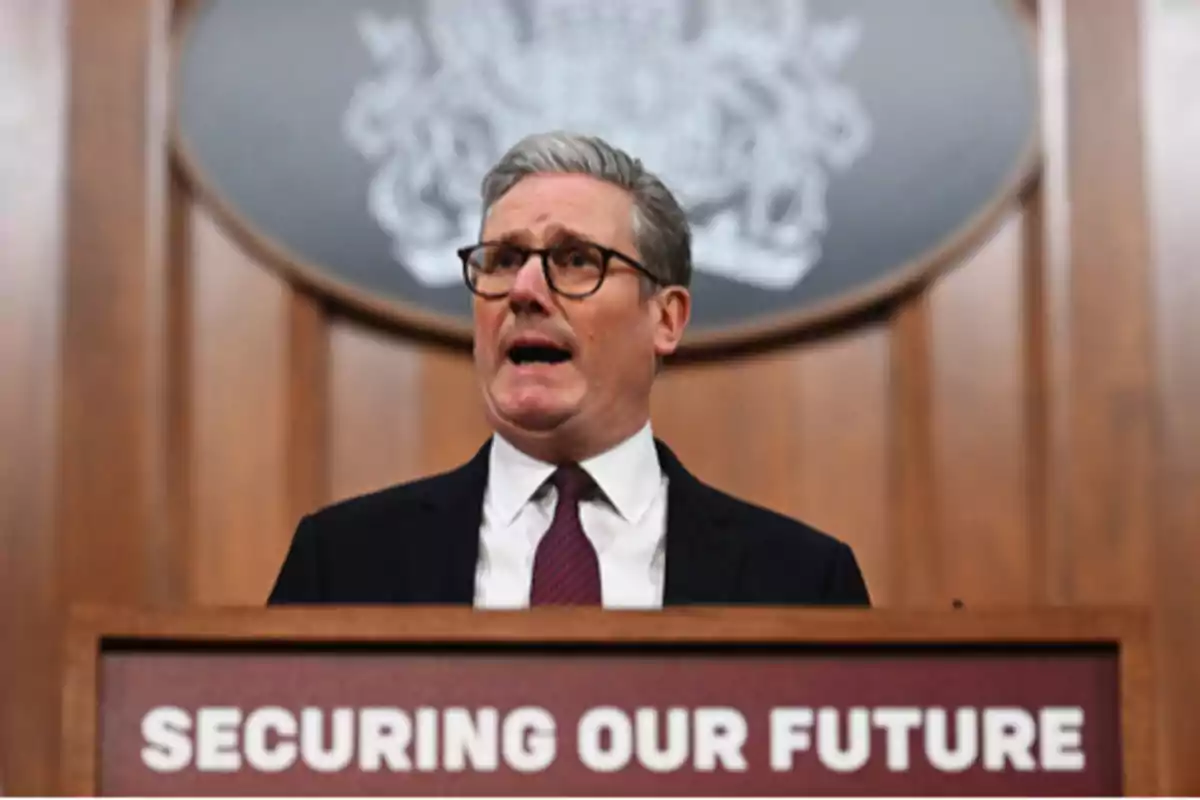
Iran has also indicated that, although it will not engage in direct negotiations with the United States, indirect talks will continue, and the country is willing to collaborate with intermediaries like Oman.
Meanwhile, Trump has expressed that his preference is to reach an agreement with Iran, but warned that if a diplomatic solution is not reached, the consequences would be severe for Iran.
Trump's warnings, along with the military deployment in the region, have increased tensions, and both countries seem prepared for a confrontation, although Iran continues to insist that its nuclear program is peaceful and that the blame for the current crisis lies with the sanctions and international pressure led by the United States.
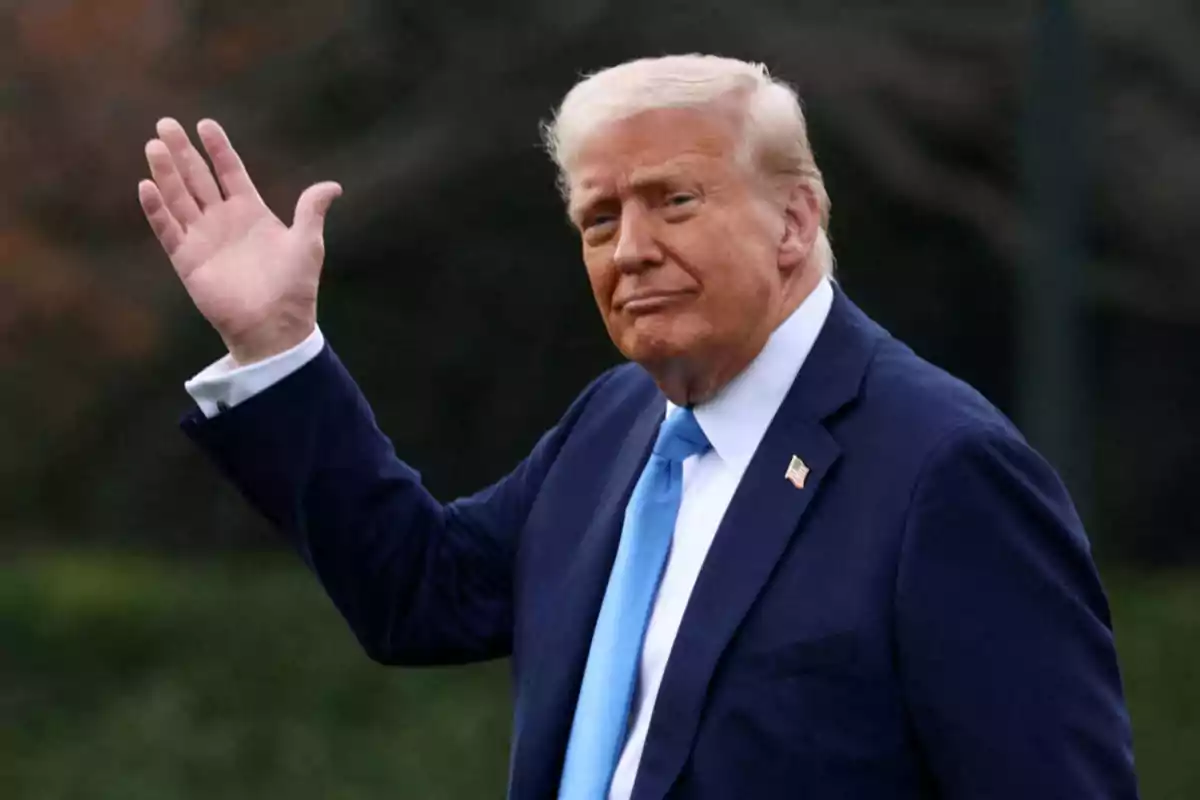
More posts: